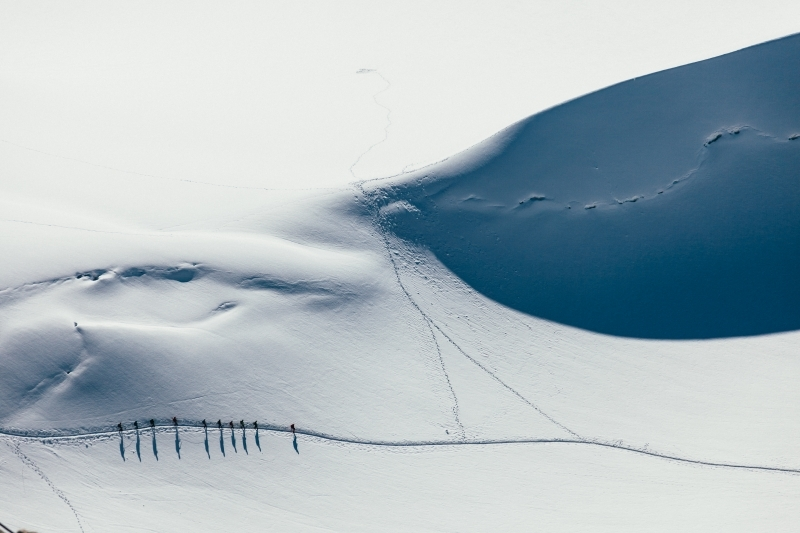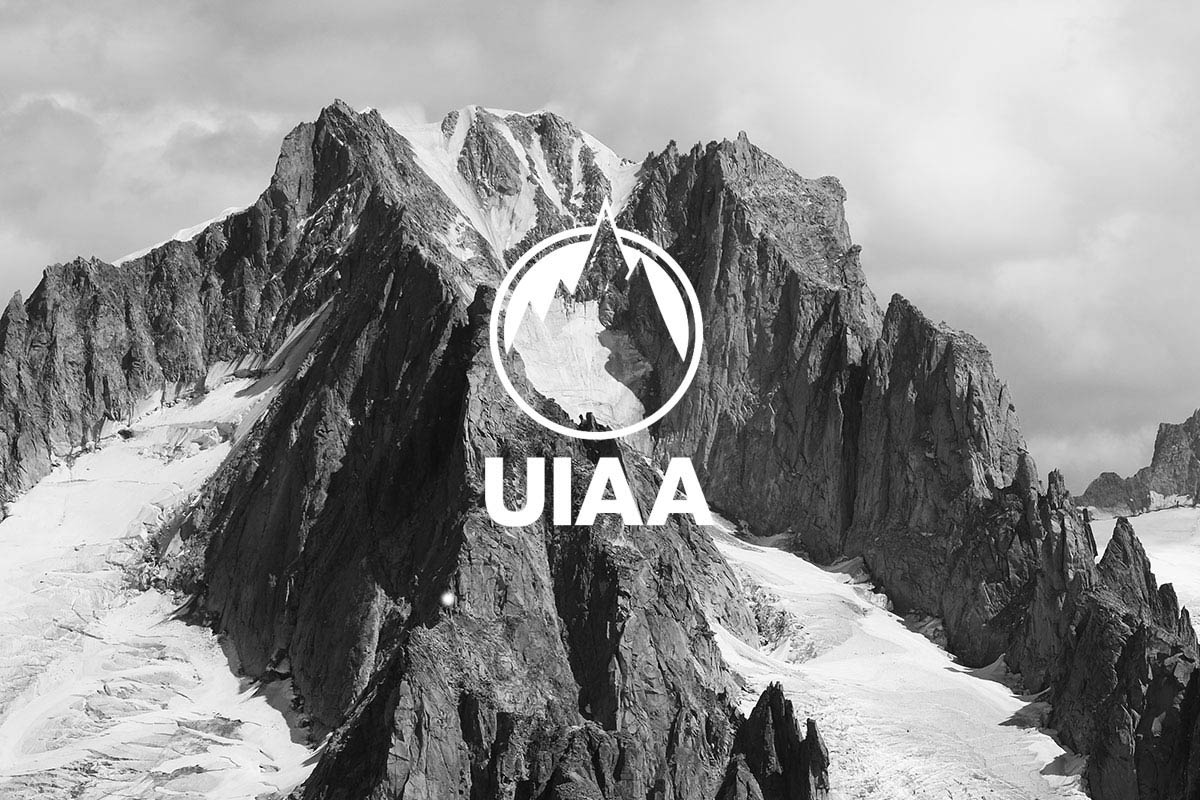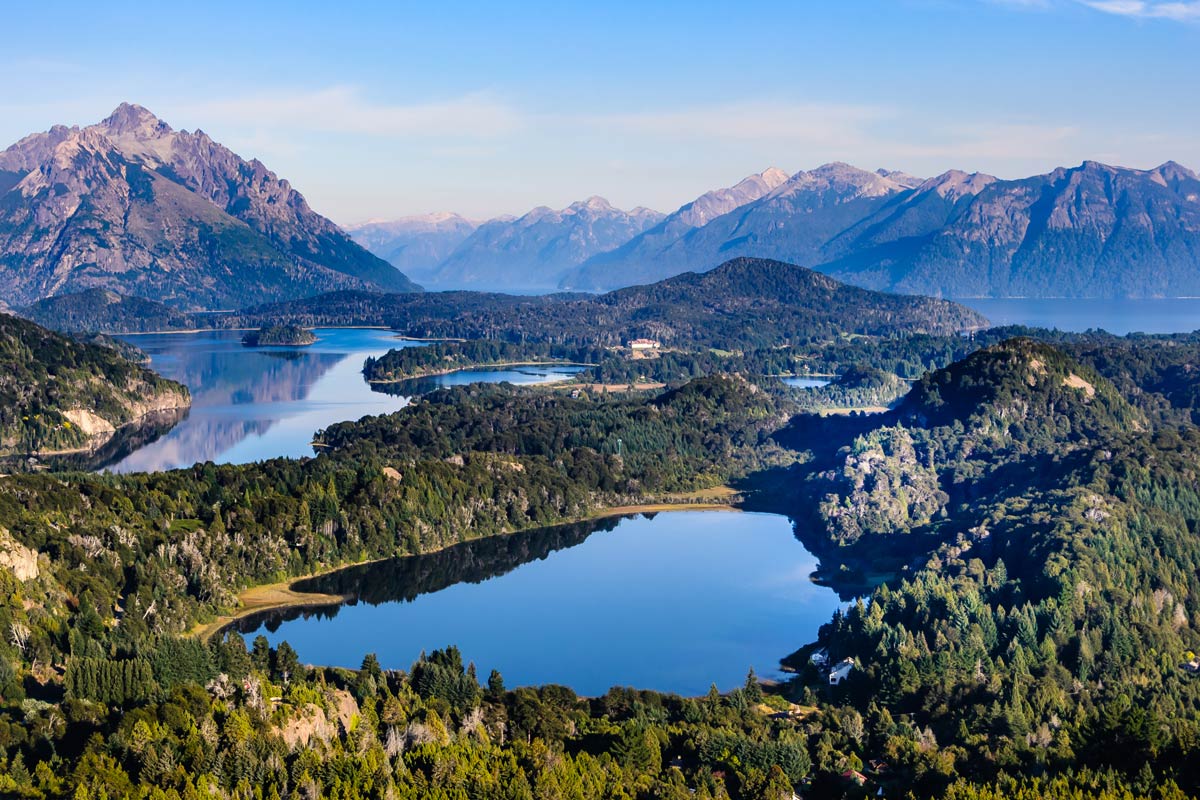“The importance of adequate caloric and fluid intake must be rated
as least as highly as that of oxygen”
Dr Griffith Pugh
Over the past two decades, the UIAA MedCom has published a vast library of Medical Advice papers on a variety of mountain-based subjects. These papers are produced by experts in their field and relevant for a wide range of people – including doctors, trekking and expedition operators and climbers and mountaineers of all backgrounds and experiences. The advice presented in these papers is designed to prevent injury and ultimately save lives.
“Each MedCom advice document is created by a number of collaborating MedCom members. They are important because, even in this high-tech information age, basic, accurate, accessible, and user-friendly mountain medicine information is not always easy to obtain,” explains UIAA MedCom President George Rodway. “Ignorance of the basics re: mountain-related medical problems hurts and kills far too many mountain trekkers and climbers every year around the world.”
Our new Series focuses on advice from specific UIAA MedCom papers, starting with ‘Nutritional Considerations in Mountaineering’. This was first produced in 2008 by A. Morrison, V. Schöffl and T. Küpper.
 Although Pugh wrote with reference to the successful scientific study and ascent of the Everest expedition in 1953, further studies analysing nutritional issues at high altitudes have largely been limited to the past 20 years.
Although Pugh wrote with reference to the successful scientific study and ascent of the Everest expedition in 1953, further studies analysing nutritional issues at high altitudes have largely been limited to the past 20 years.
Mountaineering in its numerous variations – such as alpine climbing, trekking or expedition climbing – are physically and physiologically demanding high-performance sports. Increasing numbers of people are travelling to higher altitudes for sport, altitude training and recreation for longer durations lasting up to several months. And in common with any sportive activity, health and performance will both be enhanced by proper nutrition and fluid intake. However, this is often easier said than done when at altitude, and in a remote and challenging environmental setting.
There are many additional nutritional issues that must be considered when preparing for any mountaineering pursuit, especially those of longer duration. With increases in altitude come contaminant increases in hypoxia (reduced ambient oxygen to breathe), and complex physiological adaptations. Appetite and taste perception will be reduced. Physical exercise can now require more than double the energy (caloric intake) than at sea level. These combined effects may result in weight loss, and altered body composition (% body fat and muscle).
This dedicated UIAA MedCom paper – translated into Czech, German, Italian, Japanese, Polish, Portuguese, Russian and Spanish – briefly outlines evidence-based nutritional considerations and strategies that can be adopted to minimise weight loss, and improve health and performance.
The paper tackles the following fundamental subjects:
- The reasons for weight loss at altitude
- How to decide what food rations should be taken on expedition
- The importance of experimenting by preparing/eating foods on expedition at home first
- During the Expedition – How to keep properly hydrated at altitude and avoid problems concerning dehydration and diarrhea.
- Water retention in Acute Mountain Sickness (AMS)
- Micronutrient deficiencies- (vitamins and minerals)
- Understanding and calculating energy needs
- What is Basal Metabolic Rate (BMR)
- How to calculate energy needs and physical activity
- Diet-induced energy expenditure
- Macronutrients – carbohydrates, fats, and protein – distribution at altitude
The English version can be downloaded here.
To access all the UIAA MedCom’s extensive library of advice and recommendations please visit our dedicated page.
Images: foter.com



